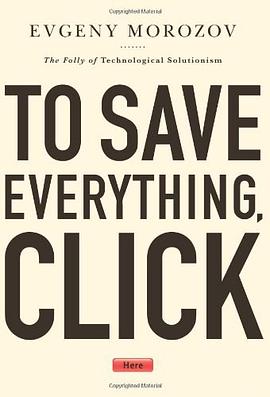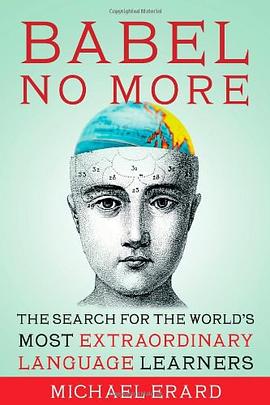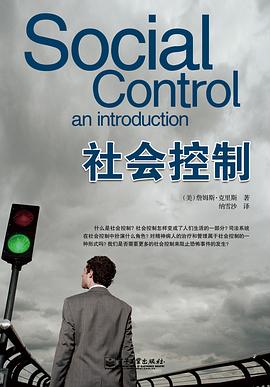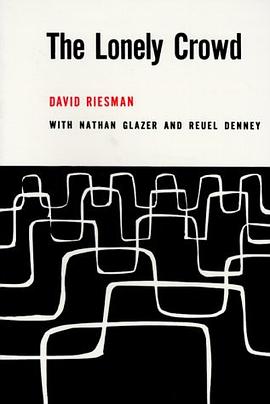

具体描述
Our society is at a crossroads. Smart technology is transforming our world, making many aspects of our lives more convenient, efficient and—in some cases—fun. Better and cheaper sensors can now be embedded in almost everything, and technologies can log the products we buy and the way we use them. But, argues Evgeny Morozov, technology is having a more profound effect on us: it is changing the way we understand human society.
In the very near future, technological systems will allow us to make large-scale and sophisticated interventions into many more areas of public life. These are the discourses by which we have always defined our civilization: politics, culture, public debate, morality, humanism. But how will these disciplines be affected when we delegate much of the responsibility for them to technology? The temptation of the digital age is to fix everything—from crime to corruption to pollution to obesity—by digitally quantifying, tracking, or gamifiying behavior. But when we change the motivations for our moral, ethical and civic behavior, do we also change the very nature of that behavior? Technology, Morozov proposes, can be a force for improvement—but only if we abandon the idea that it is necessarily revolutionary and instead genuinely interrogate why and how we are using it.
From urging us to drop outdated ideas of the Internet to showing how to design more humane and democratic technological solutions, To Save Everything, Click Here is about why we will always need to consider the consequences of the way we use technology.
作者简介
Evgeny Morozov (@evgenymorozov) is the author of The Net Delusion: The Dark Side of Internet Freedom, winner of Harvard's Kennedy Schoo l's 2012 Goldsmith Book Prize, and a New York Times Notable Book of 2011. He is also a visiting scholar at Stanford University and a contributing editor to the Boston Review. His articles have appeared in the Financial Times, the Economist, the Wall Street Journal, The New Republic, the Boston Globe, and many other publications. He writes a monthly column that comes out in Slate, Frankfurter Allgemeine Zeitung (Germany), El Pais (Spain), Corriere della Sera (Italy) and several other newspapers. He was born in Belarus.
叶夫根尼·莫罗佐夫 (Evgeny Morozov),《新共和》杂志编辑,《纽约时报》《金融时报》《华尔街日报》《Slate》等媒体专栏作家。著有《网络错觉:互联网自由的阴暗面》(The Net Delusion: The Dark Side of Internet Freedom)。
作者最近的专栏文章:
隐私比科技革命更重要 http://www.ftchinese.com/story/001049817
用智能手机监控囚犯在家服刑? http://cn.nytimes.com/opinion/20130401/c01morozov/
目录信息
读后感
好吧,题目只是我的玩笑,说实话,这是一本让我读起来崩溃,但决定作为我的研究生第一本要买回家的书。看这本书你最好可以就着《black mirror》来一起享用,你会发现黑镜把书中晦涩的文字转化的巧妙而又让你不寒而栗。忽略掉卡斯桑坦思理查德塞勒圣西门伯纳德克里克阿多诺...技...
评分毫无疑问莫洛佐夫的书包涵了真知灼见,只不过按照他的水平,这本书本可以再简洁些,优雅些,虽然冗长的论证是为了更有力,更普及的论证时下互联网中心主义方法论的重大缺陷,但是对于能够独立思考的读者来说还是过于冗长,从中提取核心观点稍微复杂了些,尤其对于文化背景完全...
评分说他狂犬吠日肯定是有点过了,哗众取宠也未必合适。本来想看看从批判技术的角度看看技术对我们造成的问题与潜在危害,所以选择了这本书。出版社的宣传也一定程度上蒙蔽真实的信息。 总之,书到手之后,基本上是臭不可读。文句不佳,也不知道是原作如此,还是翻译水平,更为重要...
评分 评分说他狂犬吠日肯定是有点过了,哗众取宠也未必合适。本来想看看从批判技术的角度看看技术对我们造成的问题与潜在危害,所以选择了这本书。出版社的宣传也一定程度上蒙蔽真实的信息。 总之,书到手之后,基本上是臭不可读。文句不佳,也不知道是原作如此,还是翻译水平,更为重要...
用户评价
反智吖
评分米兰昆德拉告诫我们要警惕政治乌托邦的虚伪,莫洛佐夫则提醒我们在拥抱技术时保持距离。@mywiz
评分反智吖
评分考完了才敢评论,这本书真的过于冗长,而且观点和行文也有点偏激和傲慢……也许这就是白俄罗斯人吧.jpg
评分对浪漫气息的solutionism提供的药方子保持警惕,但我并没有被说服
相关图书
本站所有内容均为互联网搜索引擎提供的公开搜索信息,本站不存储任何数据与内容,任何内容与数据均与本站无关,如有需要请联系相关搜索引擎包括但不限于百度,google,bing,sogou 等
© 2025 book.quotespace.org All Rights Reserved. 小美书屋 版权所有




















